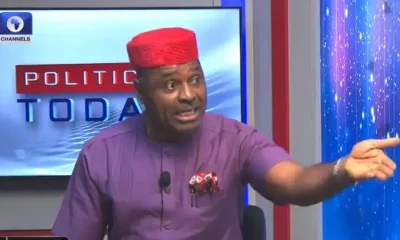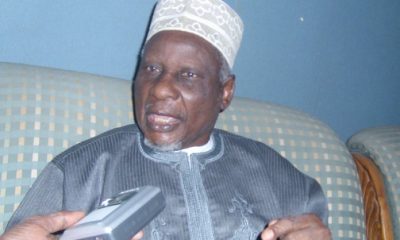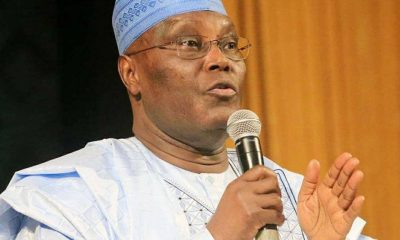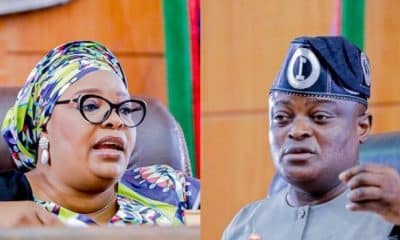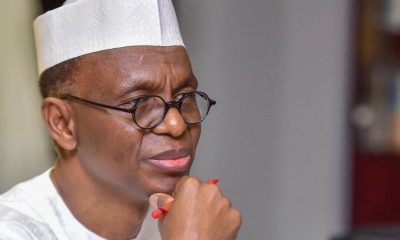Opinion
Who Is Afraid Of Protest? By Bright Okuta
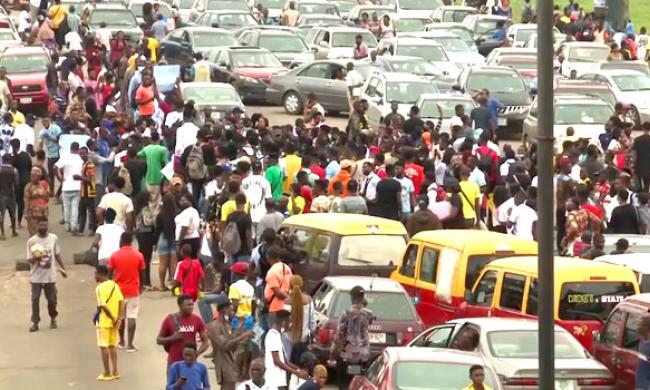
The right to freedom of speech, alongside the right to life, is the most important right for every citizen in a democracy.
Section 39(1) of the Constitution of Nigeria supports freedom of speech and expression. It states that “every person shall be entitled to freedom of expression, including freedom to hold opinions and to receive and impart ideas and information without interference.” Also, Section 83 of the Police Act 2020 mandates the government to uphold a sacred duty, not only to permit protests but also to ensure the security and protection of the protesters.
The Cambridge Dictionary defines protest as “a strong complaint expressing disagreement, disapproval, or opposition to something,” or more clearly, “an occasion when people show that they disagree with something.” The right of citizens to come together to protest is enshrined in the Nigerian Constitution and affirmed by Nigerian courts. Section 40 of the 1999 Constitution (as amended) unequivocally ensures the right to peaceful assembly and association.
Yet, as Nigerian youths prepare to voice their concerns over a cauldron of hardship, skyrocketing prices, pervasive insecurity, corruption, and general misgovernance, some elements in power have resorted to thinly veiled threats and planned resistance, seeking to shut down the voices of aggrieved Nigerians exercising their rights.
Those in the corridors of power today were at the forefront of various protests during the Goodluck Jonathan administration. Their transition from vocal protesters to suppressors of aggrieved voices today is a troubling amnesia and a disconcerting shift from advocating for change in 2012 to perpetuating the misgovernance they once opposed and protested against.
More alarming are reports of nefarious efforts to mobilize counter-protesters and possibly thugs to disrupt the process. Such tactics, if true, represent a dangerous escalation that could lead to violence and anarchy. The memory of #EndSARS is still etched in our collective consciousness.
There is no Nigerian, whether online or offline, who has called for violent protests or threatened to burn down government structures on August 1. They are committed to organizing a peaceful demonstration to express their grievances about the state of the nation, with a list of demands for the government to address.
The right to protest is not a threat to be neutralized but a vital mechanism for citizens to engage with their government and register their grievances in a democratic setting. Even though Nigerian democracy is beset by blemishes, protest is one of the cornerstones of democracy, serving as a vital means for citizens to demand accountability and push for social and political change. Protests are not inherently anti-government; they are pro-democracy. It is typically a pro-democratic action.
The issues driving Nigerians to the streets are both real and pressing. They are not minor grievances but existential threats to the well-being of millions of Nigerians. Even those who supported and are still supporting this government are experiencing chronic hardship. The recent increase in the minimum wage fails to reflect the current economic realities. It is economically unjustifiable if a country’s minimum wage cannot cover the cost of basic food items like a bag of rice. This mismatch between wages and the cost of living reflects economic imbalances in the country. This is the current situation in Nigeria.
I expect the government to address these challenges rather than resort to a clampdown on peaceful protests.
August 1st is just a week away. Will the government reaffirm its commitment to democratic principles, or will it follow the regrettable path of repression and the use of force against protesters just like its Kenyan counterpart?
Who is afraid of protest?
— Bright Okuta is a Nigerian writer, digital journalist and social activist.

